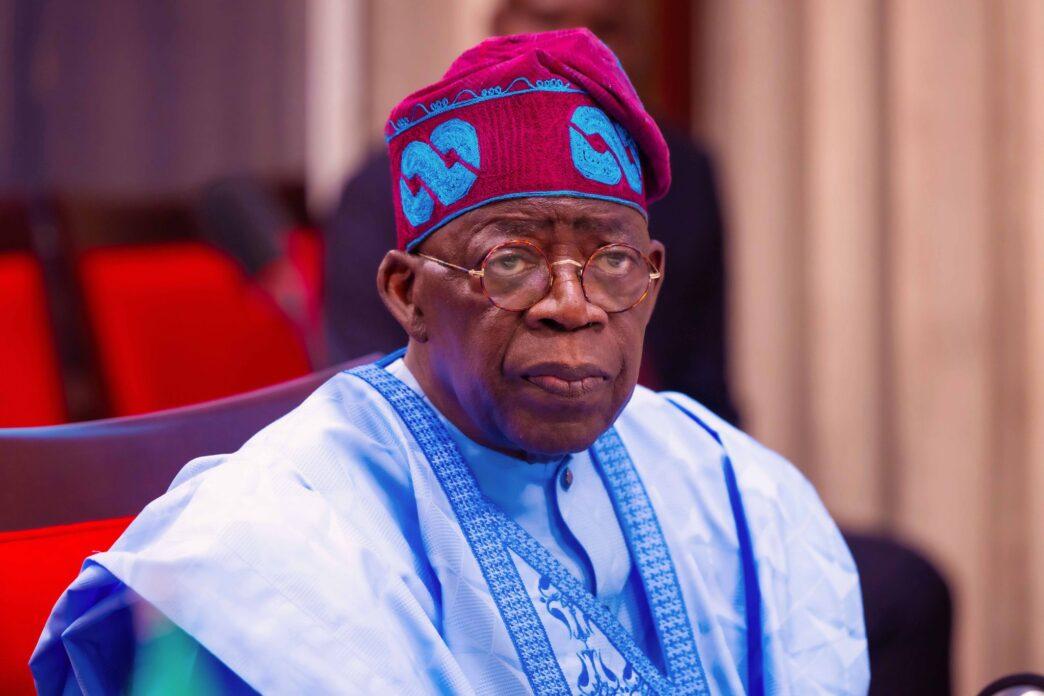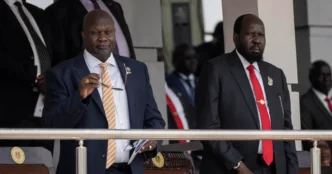Nigeria’s Federal Government announced a bold step to raise $1.7 billion through Eurobonds, aiming to tackle revenue shortfalls in its ambitious 2024 budget.
Finance Minister and Coordinating Minister of the Economy, Wale Edun, disclosed the plan on Thursday, outlining a strategic return to international capital markets to offset Nigeria’s growing fiscal deficit.
Beyond the Eurobond, the government intends to tap into other instruments, including an additional $500 million via Islamic Sukuk bonds, broadening its international financing efforts. These combined measures are expected to provide much-needed capital to address a projected budget deficit of approximately N9.1 trillion (or $5.2 billion).
Nigeria’s 2024 budget totals around N28.7 trillion (approximately $17 billion). While the exact timeline for issuing the Eurobond remains undisclosed, Edun noted that plans are underway to seek the National Assembly’s approval by year-end. This fresh borrowing aligns with the recently amended Nigerian 2024 Appropriation Act, which permits such financing measures to meet budgetary demands.
In addition to this international debt, Nigeria’s external borrowing currently stands at around $42.9 billion, constituting 39% of its total debt stock. Historically, Nigeria has relied more on domestic debt, amassing approximately N66.9 trillion in naira-denominated obligations as of the second quarter of 2024, which accounts for nearly 60% of its debt load.
However, as Edun and government officials have acknowledged, higher interest costs associated with foreign currency loans, along with the naira’s recent devaluation, pose significant risks to Nigeria’s debt-servicing capacity.

Despite the recent issuance of Nigeria’s first $500 million domestic foreign currency-denominated bonds—oversubscribed at $900 million—financial pressures have made the need for external funding more urgent. Sluggish oil output, traditionally a cornerstone of Nigeria’s revenue, has amplified this funding shortfall. “The Eurobond issuance is now critical,” Edun remarked, “to address our fiscal needs and sustain capital inflow.”
While the International Monetary Fund (IMF) supports certain aspects of Nigeria’s fiscal strategy, it has raised concerns over potential repercussions of dollar-denominated debt on the naira’s stability and on Nigeria’s dollar securities market.
The IMF also warned that the government’s proposal to issue domestic foreign exchange securities might increase market fragmentation, making Nigeria’s financial landscape more complex.
With the Eurobond initiative back on the table, will this move balance Nigeria’s economic challenges or lead to greater debt stress? Share your thoughts in the comments.















